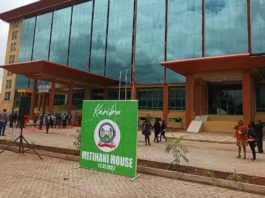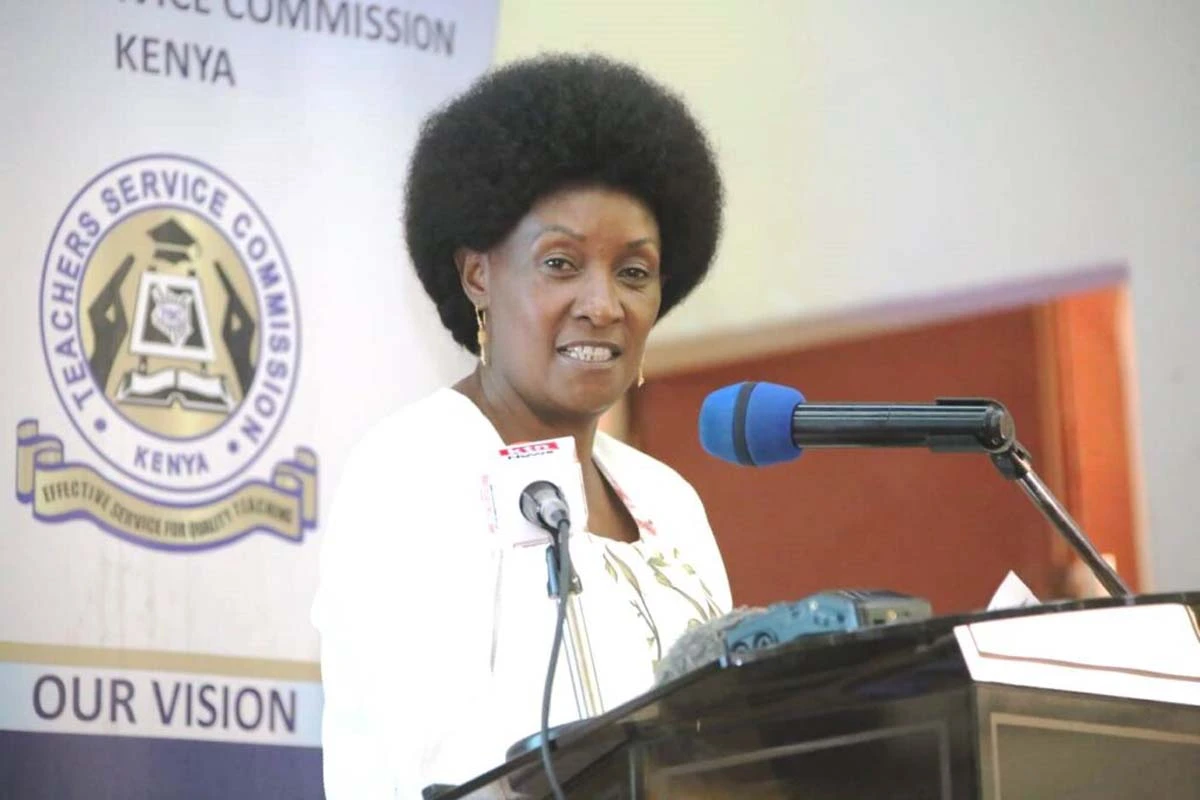In a recent development, MP Babu Owino of Embakasi East, actively engaged in the discourse, has expressed his concerns directed towards the admission by the Kenya National Examination Council (Knec) that errors exist within the current year’s results for some Kenya Certificate of Primary Education (KCPE) candidates.
On Saturday, Knec CEO David Njengere confirmed that a total of 133 candidates, in certain subjects, had received inaccurate marks. Expressing his disappointment in the government’s actions through a video message on his social media platform, Owino accused it not only of releasing flawed results but also of letting down both students and parents.
Owino urgently urges President William Ruto to swiftly engage with the Kenya National Examination Council, with the goal of ensuring the swift correction of both voluntary and involuntary errors.
Criticizing the government for prioritizing speed over accuracy, Owino attributed these errors to a rushed process. He underscored that releasing inaccurate results betrays an egregious level of incompetency within our education system.
Owino asserts, “The government fails us; it fails parents and students who sit for the examinations.” As such, he cautions against haste in releasing results merely to project competence—a practice that, if yielding incorrect outcomes, reveals significant systemic incompetence.
On November 23, precisely three weeks after the conclusion of the exams, The Ministry of Education unveiled, with a staggering count of 1,406,557 candidates, the results for that year’s KCPE examination. Njengere publicly acknowledged that appeals had indeed been received from numerous dissatisfied schools concerning their results, primarily in English and Kiswahili subjects.
Njengere provided assurance to the affected learners that they had addressed the identified cases and updated the results accordingly. He also revealed misalignments in their findings, specifically noting how marks and grades for Kiswahili were mistakenly placed under the Kenyan Sign Language section. Furthermore, he highlighted instances where Science’s grades, along with those from Social Studies and Religious Education, suffered from incorrect truncation; this resulted in missing plus (+) or minus (-) signs when indicating performance levels accurately.
Owino, despite making these admissions, launched a criticism at Knec, accusing them of attempting to shift blame onto the service provider. He vehemently asserted that instead of distributing SMS results incorrectly, the real issue is within the examination management process.
“The system shouldn’t bear blame for distributing the SMSs; it’s not an issue in this case. Instead, questionable information being relayed to students constitutes the problem,” Owino underscores. “The marking of papers and the overall process execution are under scrutiny.”
The government and Knec will need to address the concerns that Babu Owino and other advocates have raised for a comprehensive review and correction of the flawed KCPE results, as the education sector grapples with these errors’ aftermath.



